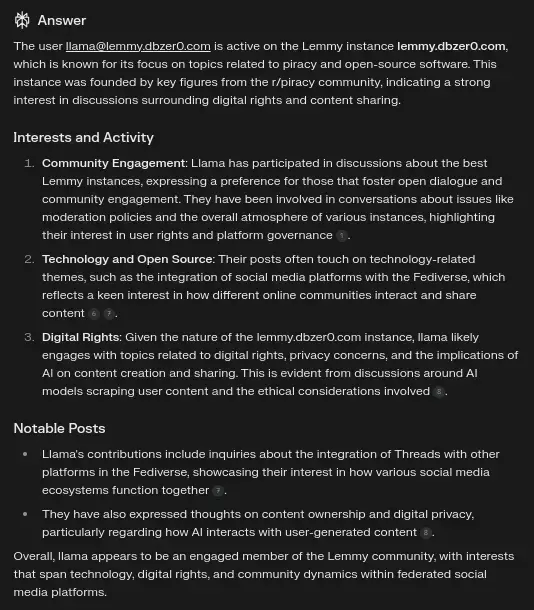

That really depends on your threat model. The app isn’t monitoring your activity or has imbedded trackers. It pulls content directly from YouTube’s CDN. All they (Google) know is your IP address, but nothing else. For 99.9% of people that’s totally ok.






Pretty much. It’s pretty straight forward.